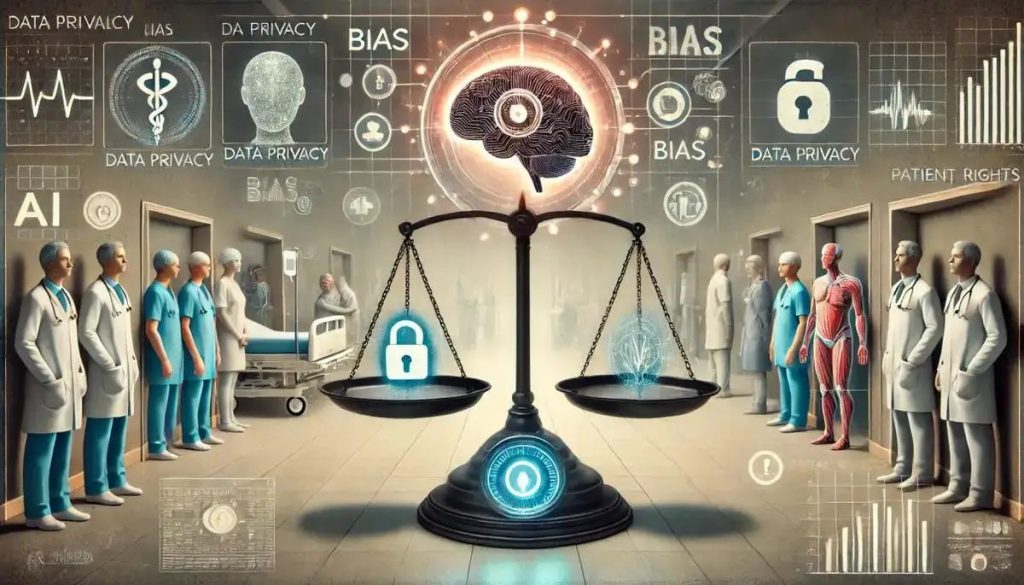How to become a thought leader in your specialty
Have you ever watched one colleague calm a room in seconds? Their influence rarely comes from charisma alone. It comes from pattern recognition and clean explanations. People trust them because their reasoning holds up. Thought leadership works like that in medicine. It is less about fame, more about reliable thinking. You can build it deliberately,…
Read more










